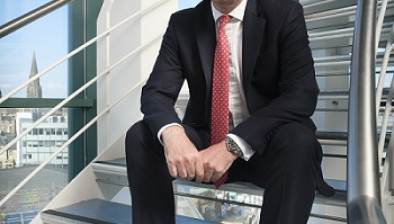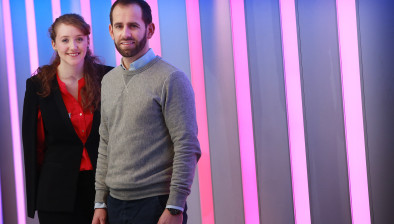Celtic Football Club scores record annual profits of £40.7m

Celtic Football Club has revealed record annual pre-tax profits of £40.7 million, boosted by a triumphant return to the Champions League and other strategic moves.
The club’s group revenue soared by more than a third to £120m, up from £88.2m in the previous year.
Chairman Peter Lawwell attributed the £32m increase in revenue to the club’s successful Champions League campaign, which came after participating in the Europa League the year before. Other contributing factors included a tour of Australia and a spike in retail sales. Furthermore, Celtic reported a £14.4m gain from player transfers, mainly from the sales of Jota, Josip Juranovic, and Giorgos Giakoumakis.
The club’s financial results also included £13.5m in other income. This comprised compensation for the departure of manager Ange Postecoglou and a one-time business interruption insurance recovery related to the pandemic.
Operating expenses rose modestly by 4.0% to £95.4m, while the club spent £13m on new player registrations. Mr Lawwell indicated that the cash reserves of £72.3m, up from £30.2m last year, have been utilised for funding transfer plans over the last two seasons, typically paid in instalments.
Celtic has invested a total of £51.4m over the past two years in player acquisitions and has further invested £15m since the end of June. Mr Lawwell emphasised the importance of maintaining a cash buffer to manage through seasons where the club might not qualify for the Champions League.
He said: “It is important to highlight that, given the increasing gap between the sums able to be earned between the Champions League and the Europa League, it is vital that we retain a cash buffer in reserve.
“History tells us that we will not always qualify for the Champions League and the benefit of holding cash reserves affords us the optionality of managing through seasons where we participate in the Europa League with the ability to retain our squad as opposed to selling key players to bridge the income shortfall between both competitions.
“The financial sustainability rules are also a key feature of UEFA licencing and we need to be cognisant of running our club accordingly.”
The club is also planning significant investments in developing their Barrowfield training facility.







